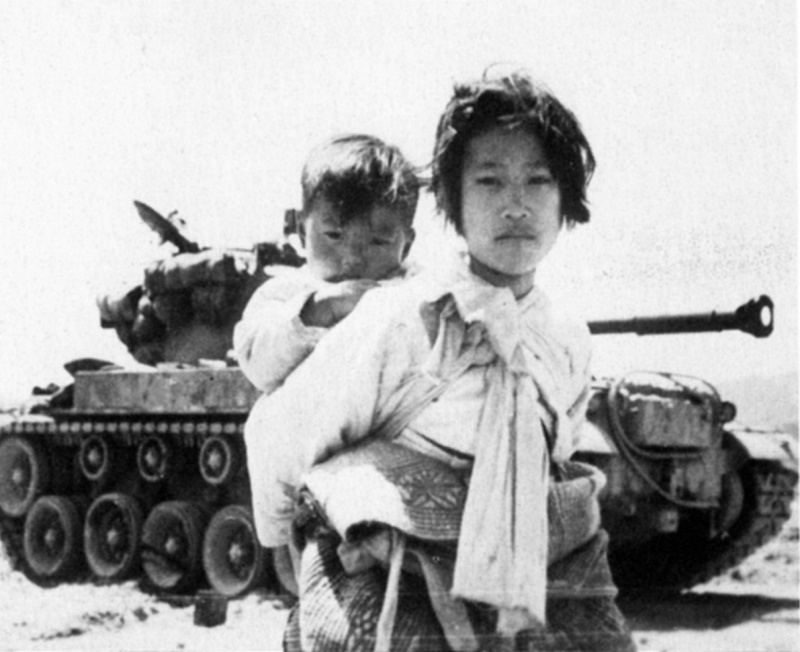

A Korean War Refugee
The previous weekend was Korean Thanks Giving or "Chooseok", a four-day period where families all over Korea as well as immigrants in the U.S. and other countries take the time to visit their families to eat good food and spend time together. However there are some Koreans who cannot enjoy the holidays as well as others and they are the separated families from North and South Korea. MBC News reported that many of these family members were chosen to leave behind their DNA samples so their descendants could reunite in the future after they are gone.
After the armistice agreement between North and South Korea was finally signed in 1953, "ending" the devastating Korean War, many refugees from both halves of the peninsula were unable to return to their homes and back to their family members. In other words there are survivors of the Korean War that are originally from North Korea but came down to the south leaving family members behind in the north and vice versa.
There were around 130,000 survivors who were separated from family members during the war. The Ministry of Reunification however reported that around half of these people have died without being able to find their lost relatives and even direct family members. Even the remaining survivors are all old in years and do not have much longer to live.
In response to the situation, the South Korean government is working to construct a permanent data base that will have records of these refugees' DNA samples for their descendants to access after they die. Many surviving refugees however, are not even aware of their families across the DMZ (De-Militarized Zone) are still alive.
In an interview with MBC, 81-year-old Kyeong-suk Park expressed her feelings about her situation. Ms. Park was originally from Hwanghaedo Province in North Korea, but came to South Korea when the Chinese occupied Seoul in 1951, and as a result was separated from her sisters. "I always hope at least one of them is still alive, but our youngest sister is 72"¦" she told MBC.
Seong-keon Kim, a representative from the Korean Red Cross reported that this year 1,200 refugees were selected to preserve their DNA in the government's new data base. He reported that the Red Cross will be working to extend the policy as wide as possible.



















